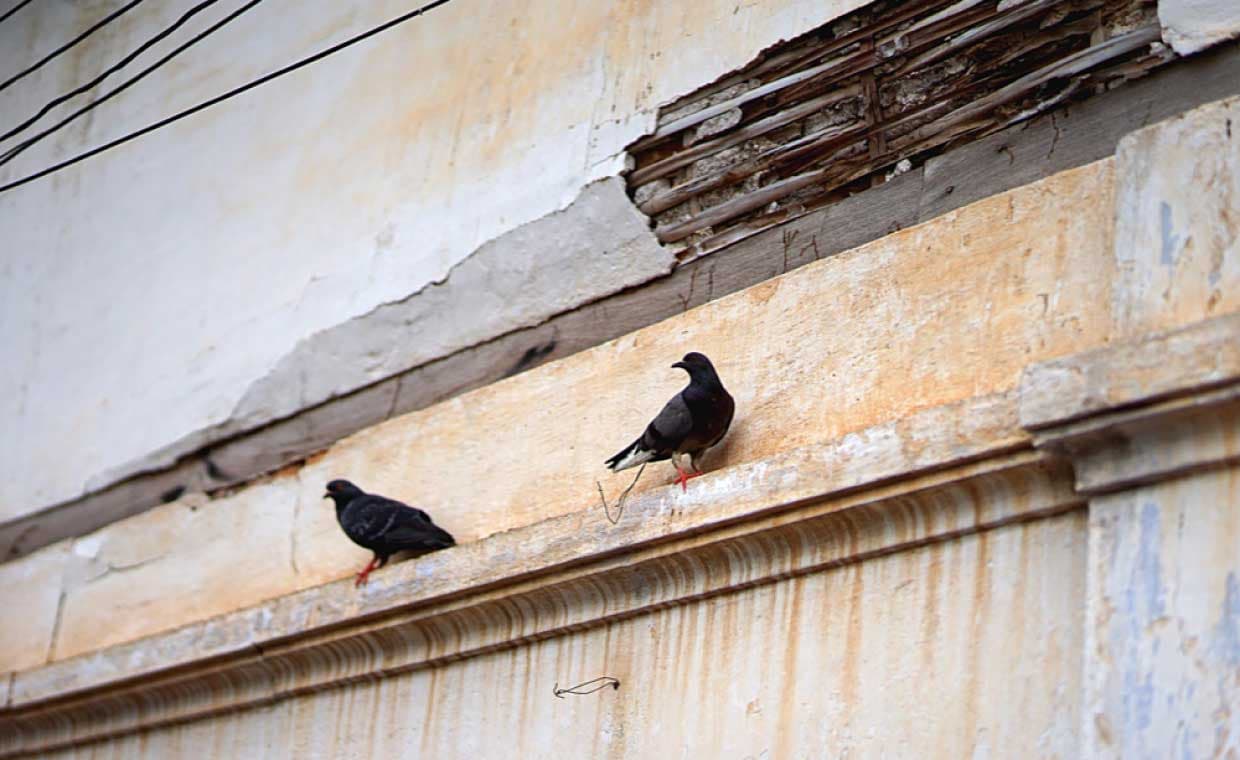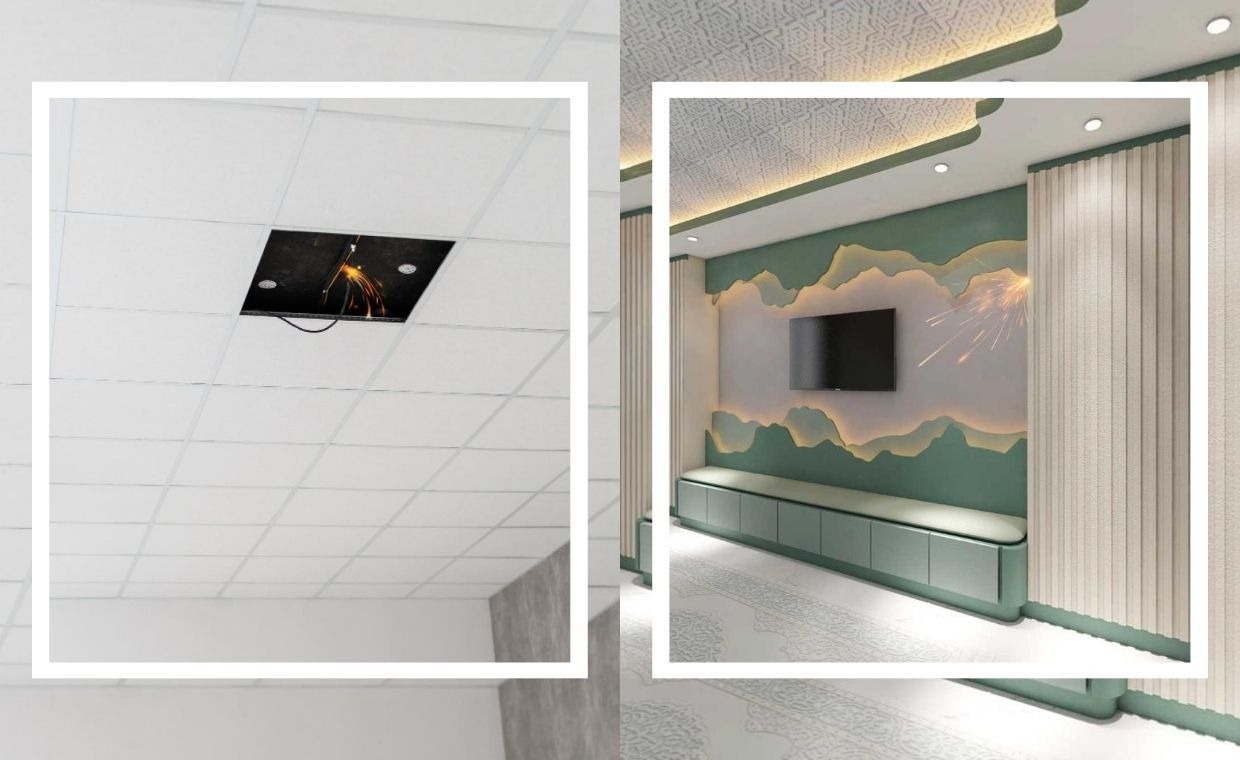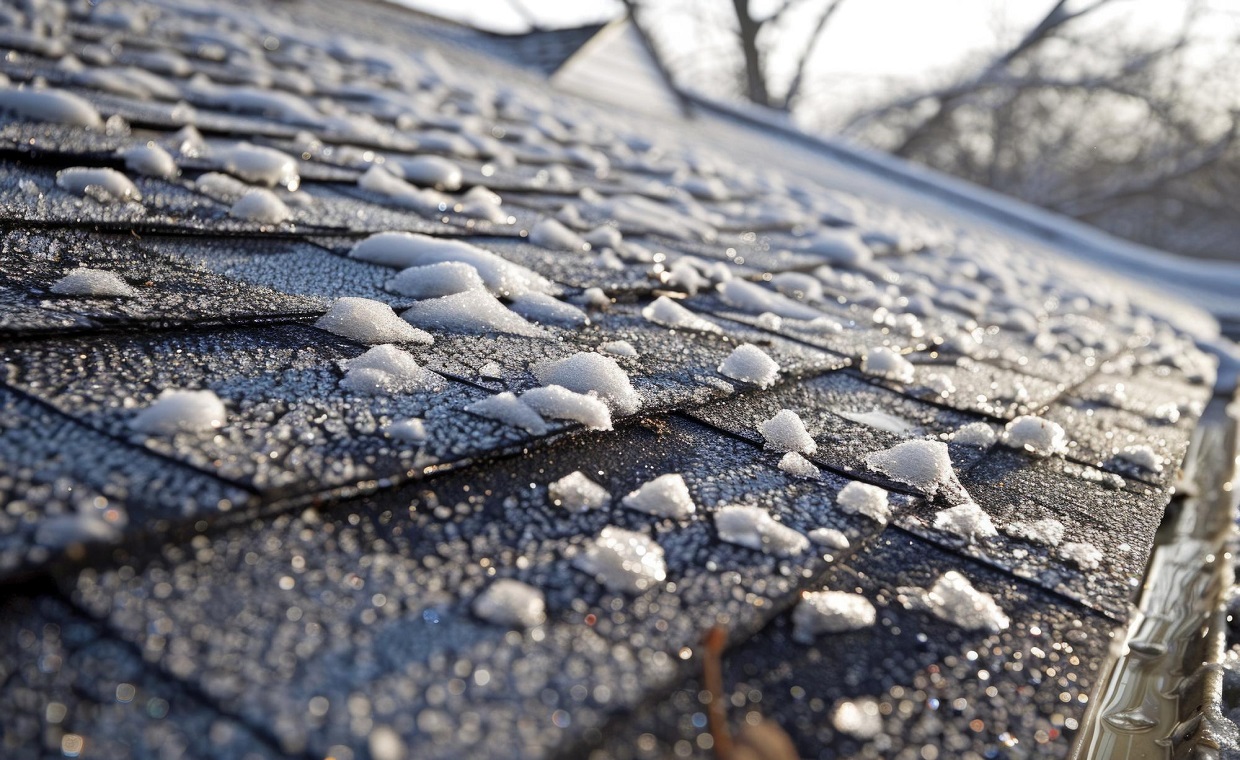
While birds are delightful creatures, they can be problematic for commercial property owners. Bird damage prevention is essential, as droppings, nesting materials, and roosting habits can lead to expensive damage. These problems can quickly turn into an employee or customer health liability if not properly addressed.
Following are few indispensable tips from Service Now Trades Solutions that can help you safeguard your commercial property from bird menace:
1. Learning Why Birds Visit Buildings

For some reason, commercial properties can be magnets to birds due in part because they provide relatively stable roosting and nesting areas. Birds love rooftops, window ledges, signage or other areas around HVAC systems that are warm and offer temporary shelter — perhaps new friends for the original staff!
Furthermore, experts from Service Now Trades Solutions advised that once you know what is drawing the birds into your yard, then it will be a lot easier to decide on which specific deterrents are going to give optimal results for your unique situation.
2. Install Physical Barriers

The easiest way to keep birds from crowding around an adorable new city birdhouse is with the help of some physical barriers. See what type of walls you can add to your productivity palace with these:
Bird Spikes: Bird spikes can be placed on ledges, signs and other areas to make it difficult for birds to land or roost.
Netting: Bird netting can cover wide areas, allowing large open spaces such as warehouses and high ceilings to be closed off from birds.
Bird Wire Systems: Wires are tensioned due to which the surface gets disturbed and birds fail at perching. This the perfect for long ledges, railings and beams that are overwhelming to wax every time you skate said bulk ledge.
Electric Track Systems: Another passive bird deterrent, creates a mild electric shock keeping unwanted birds at bay without harming them. These are effective on parapets, roof edges or ledges.
The primary cost is in the installation of these barriers, though they can reduce your maintenance costs and avoid further damage.
3. Visual & Audio Deterrents
Visual and Audio Deterrents: Just like for other animals, visual and audio deterrents can be used to scare birds away.
Reflectorization: Reflective tape or reflective objects manipulate sunlight and produce a visual interruption that birds will not come around. You can lay them out near heavy trafficked areas of the bird population, where they seem to be going about whatever way.
Predator Decoys: Set up decoys of predators, such as owls or hawks in areas where birds are likely to cause damage. Birds will eventually realize that it is fake but make sure to move them around every once in a while.
Noise making: Sonic repellents issue high pitched sounds to startle birds. That birds can hear them as threatening, but the sounds are largely undetectable to human ears. These are a good choice for vast open spaces like parking lots or warehouses.
4. Routine Maintenance and Cleaning

Uric acid in bird droppings is extremely caustic and corrosive to metal, stone, paint etc. If your window is not closing properly, then it will eventually start to look sloppy and even become flat and unstable. Regular cleaning can avoid problems like this one later down the line; if we say that a neat thing was stored for ten days or more no longer looks meaty anymore.
Power Washing: Routine power washing of sidewalks, entrances and bird populated areas to clean poop.
Bird droppings have a nasty habit of causing permanent stains on the paint, so an effective way to deal with this problem is by applying protective coatings wherever these surfaces exist.
Frequents Inspection: check your property every week or so for bird nests, droppings, and roosting areas. The earlier you can catch this the easier and potentially less costly preventing will be.
Clean up your territory: The cleaner we have our surrounding, the less chances are for birds to visit us back as nobody loves visiting regularly cleaned areas.
5. Remove Food Sources

Birds are attracted to food i.e. managing waste disposal and outdoor eating areas is important for preventing bird infestations.
Trash Bins: Ensure trash bins have covers and are well sealed particularly in eating or food waste disposal areas.
Wipe down outdoor dining areas: Clean any outdoor spaces where your staff or customers will be eating to remove fallen crumbs and spills which can attract birds.
Attract Birds with Less Water: Any standing water will draw birds, Limit sources of water. Clean rain gutters, drain pipes and surfaces around HVAC devices to prevent water collection.
One of the easiest and one of the most effective discouraging methods¡¬ food sources.
Final Thoughts
A comprehensive approach is necessary for effective bird damage prevention on your commercial property. Physical barriers, visible deterrents, regular maintenance, and expert assistance all work in tandem to keep your property clean, safe, and inviting. Spend a small amount to implement these measures — it will save you time, money, and possibly protect your health, while giving birds a place to live without causing trouble.
Also Read: 7 Rental Inspections You Shouldn’t Skip to Avoid Costly Repairs






























